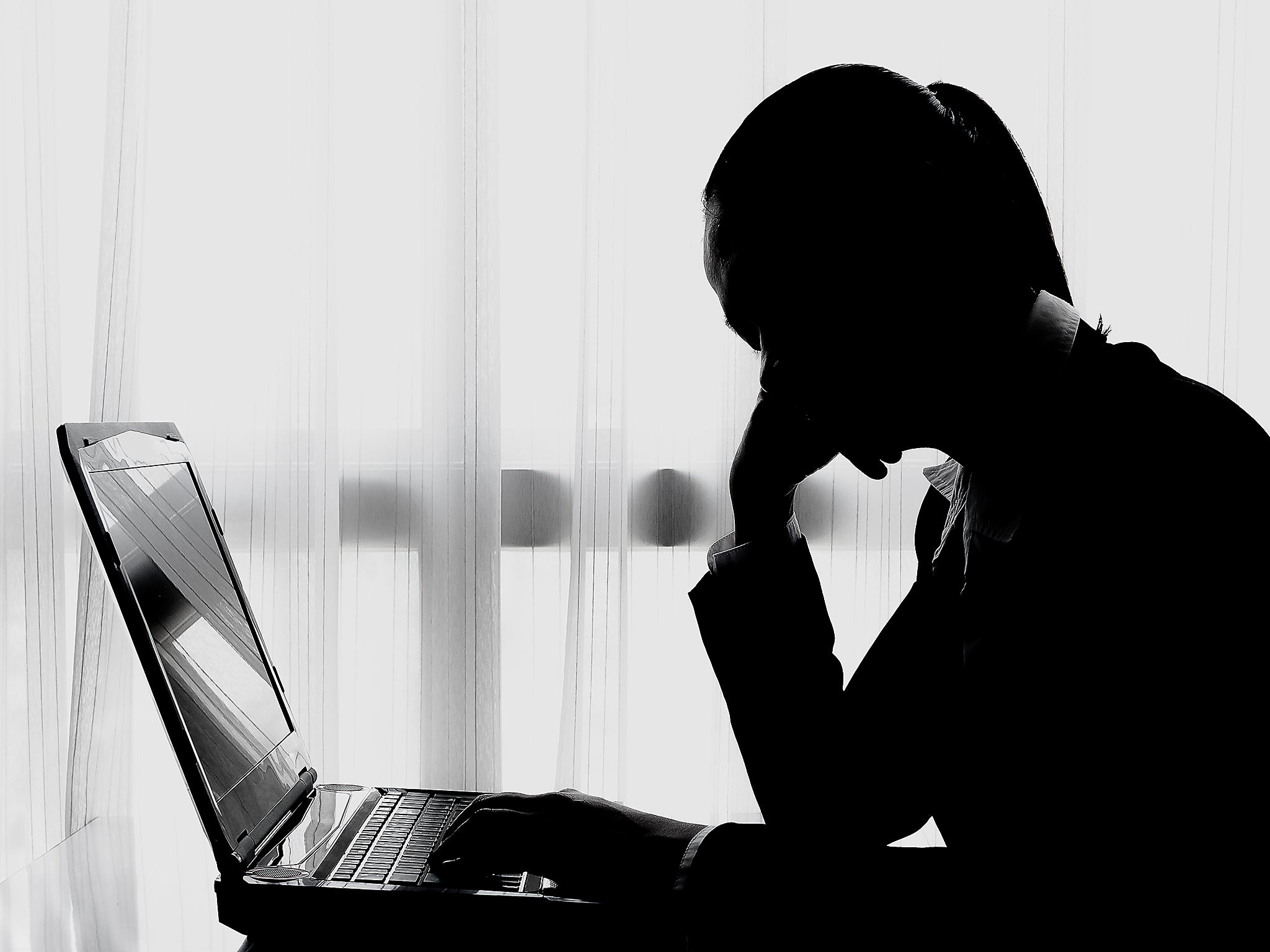People start hating their jobs at 35, shows new research
One in six British workers over age 35 said they were unhappy at work — more than double the number for those under 35

Jean Prince was 50 when she started working for a UK tech company near Cambridge as a technical author, writing software documentation. “I felt extremely lucky,” she said.
But she wasn’t happy.
“The workplace has become more impersonal and tougher,” she said. “Everyone is performance-managed to death.” She felt under-appreciated and unloved.
Older workers tend to be more unhappy in their jobs than their younger colleagues, according to a survey of more than 2,000 UK employees by human resource firm Robert Half UK. One in six British workers over age 35 said they were unhappy—more than double the number for those under 35. Nearly a third of people over 55 said they didn’t feel appreciated, while 16 per cent said they didn’t have friends at work.
There’s the stress of being in a high-ranking position—or the disappointment of not making it far enough up the career ladder. True, salaries are higher, but life starts to get more expensive. “Work-life balance” starts to mean taking care of children, rather than just personal stress management.
“There comes a time when either you haven’t achieved success, work has burned you out, or lived experience tells you family is more important,” said Professor Cary Cooper, a workplace researcher at Manchester Business School. “You ask yourself: ‘What am I doing this for?’”
Johanna Bodnyk worked as a culture and communications coordinator at the Centre for Middle Eastern Studies at Harvard University for six years. At a certain point, her friends were nearly all married and starting families, and she realised her current relationship wasn’t going to last. That prompted her to reevaluate a lot of things in life—including her job.
Two years ago, at age 34, she switched careers and learned how to code. “Your 30s are both personally and professionally a time when people take stock and make a change,” she said.
A fifth of older British workers believe their employers don’t value staff of all ages equally, according to a poll by the City & Guilds Group, a skill development organisation. And a third of workers over 55 feel sidelined for younger staff, according to Capita Resourcing.
It’s also possible younger people have lower expectations, higher hopes, and they’re not yet burned out.
Bodnyk was thrilled just to have a job when she first started her career. “Once you get a little more stable and settled in, you then look around and ask whether you actually enjoy it,” she said.
We know more older people are working. The US government estimates that one in four people in the labor market in 2024 will be 55 or older.
There’s a way to combat the ennui, Cooper said, but it takes effort. Making work buddies can improve the situation, even if it can be hard to find time for happy-hour drinks. Refocus on a personal project at work and make that your passion, he said.
Bloomberg
Join our commenting forum
Join thought-provoking conversations, follow other Independent readers and see their replies
Comments